Located on the west coast of South America, Ecuador shares borders with Colombia to the northeast and Peru to the southeast. The smallest of the Andean nations, Ecuador has beautiful natural diversity across its four regions: the Coast, the Mountains, the Amazon, and the Galápagos Islands, not to mention 84 mainland volcanoes which include the well-known Volcano Alley. Tourism is a important source of employment in many parts of the country, which makes learning English a sought-after skill for career growth.1
While Spanish is the official language, nearly 5% of the population also speaks Quichua or Kichwa, the local dialect of Quechua, and nearly 10 indigenous languages exist throughout the country. A majority of the population identifies as mestizo (of mixed indigenous and European descent), yet nearly 15% of the population identifies as indigenous. Indigenous rights movements and a push for increased Spanish-Kichwa bilingual education continue to be influential areas of focus in Ecuador.
Despite these factors, Ecuador’s potential for growth has been limited by unpredictable economic and political factors. According to the World Bank, nearly 30% of Ecuadorians live in conditions of poverty, a rate that has been increasing in recent years. As of 2020, 6.5% of the population lives on USD$1.90 per day.2 It is well documented that communities living at or below the level of poverty experience increased risk of adverse health outcomes and shorter life span.3 By focusing on the areas of health, education, and livelihoods, Manna Project International seeks to alleviate some of these stressors and empower communities to lead to increased opportunity and social connectedness.
1,770
COMMUNITY MEMBERS directly benefited
28%
Increase in Adult Class Enrollment
17,888
Hours served by volunteers last year
Data for Ecuador at Large
Education:
Pre-primary education: Only 54.5% of children are enrolled in pre-primary education (2020).5
Secondary education: Enrollment in secondary education was 86.5% as of 2020, 88% among girls and 85.1% among boys (2020).5
Literacy levels: Among people ages 15-24, the literacy rate is 99% (2020).1
Teacher training: 29.5% of secondary school teachers have not received the minimum teacher training required for teaching at their level – SOURCE?
Health:
Sedentary behavior: 74% of kids and teens report insufficient physical activity over the course of an average week (2022).3
Food insecurity: 11% of the population reports an experience that indicates food insecurity, such as skipping a meal, going hungry, or going a full day without eating due to lack of resources (2019).1
Undernourishment: 12% of the population report undernourishment, or lack of proper recommended daily nutrients (2019).1
Gender violence: 8.1% of women aged 15-49 years reported that they had been subject to physical and/or sexual violence by a current or former intimate partner in the previous 12 months (2018).4
Livelihoods:
Women in the workforce: About 40% of Ecuadorian women are active in the workforce (2020).1 Women and girls 15 years and older spend about 20% of their time on unpaid care and domestic work, compared to only 5% spent by men (2018).4
Unemployment: Unemployment rate as of 2021 has reached 6.4%, although some estimates differ based on available data and unprecedented challenges introduced by the Covid-19 pandemic.1
Poverty: 33% of the total population is living below the national poverty line (2020) and 38.1% of the population experiences multidimensional poverty, or poverty that meets criteria for multiple indicators such as health, education, and income (2020).1
1. World Bank: https://data.worldbank.org/country/EC
2. Ecuador Stats - Labor and Employment: https://www.ecuadorencifras.gob.ec/documentos/web-inec/EMPLEO/2021/Anual-2021/Anual_2021_Mercado%20Laboral%20y%20Pobreza%20v1.pdf
3. Ecuador Stats – Sedentary Behavior & Physical Activity: https://www.ecuadorencifras.gob.ec/documentos/web-inec/Estadisticas_Sociales/Actividad_fisica/Actividad_Fisica.pdf
4. Data UN Women: https://data.unwomen.org/country/ecuador
5. UNESCO: http://uis.unesco.org/en/country/ec
Ecuador Communities
Ecuador Programs
Health
Nutrition
Reproductive Health
Physical Education with seniors
Exercise with children
Education
Adult English
Children’s English
Community Center
Library
Public School Partnerships
Livelihoods
Community Center
Women’s Group


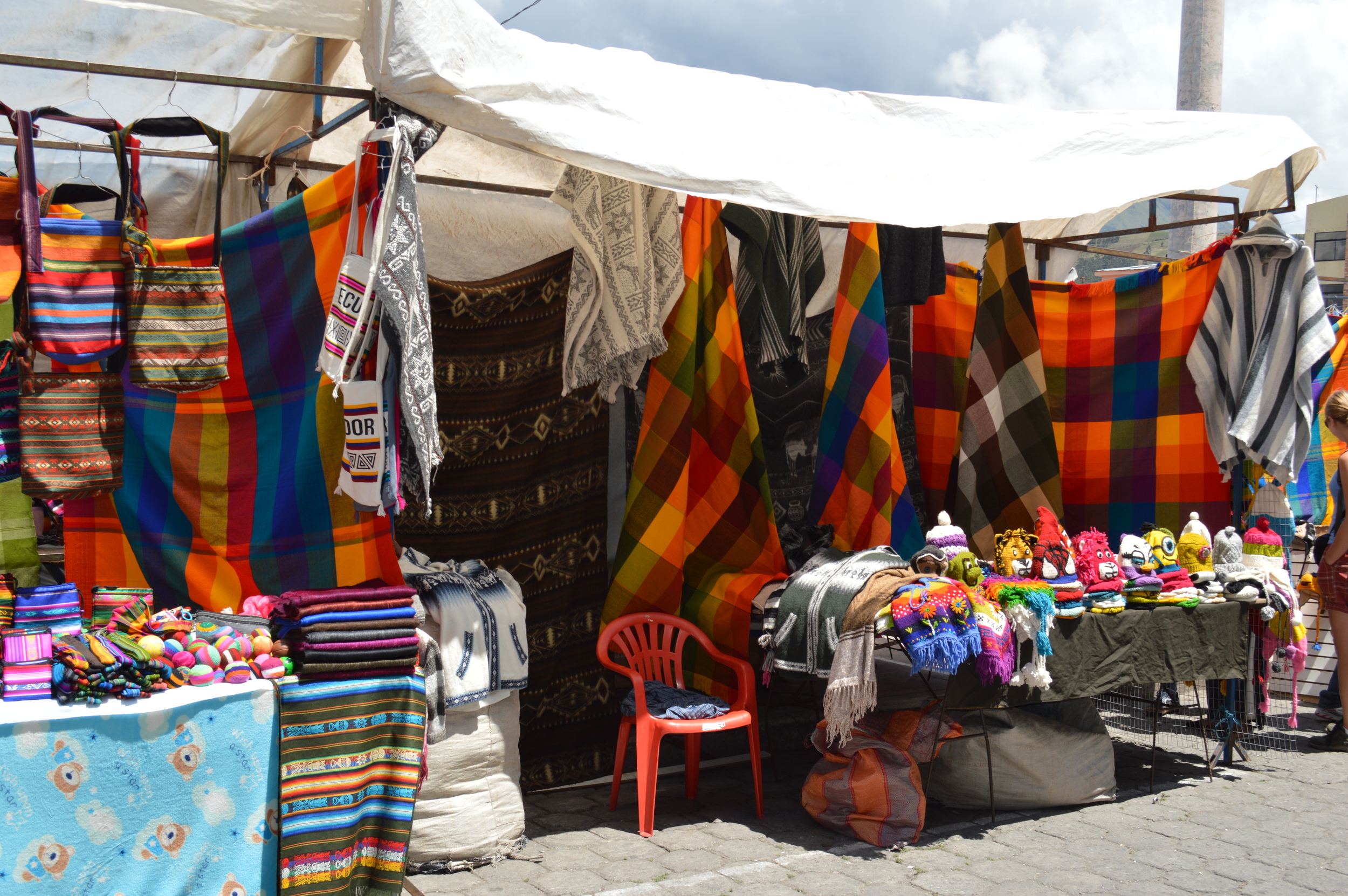

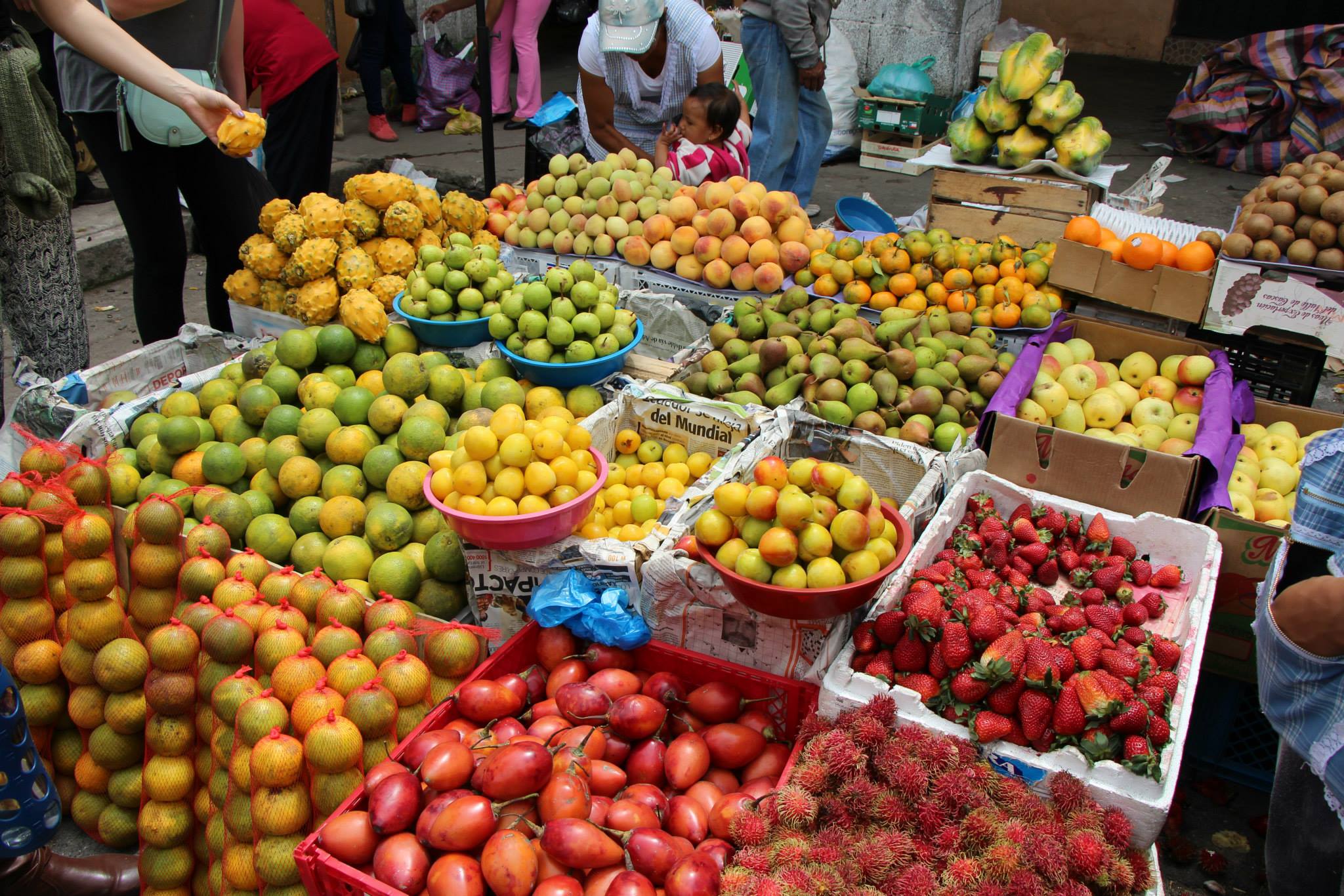


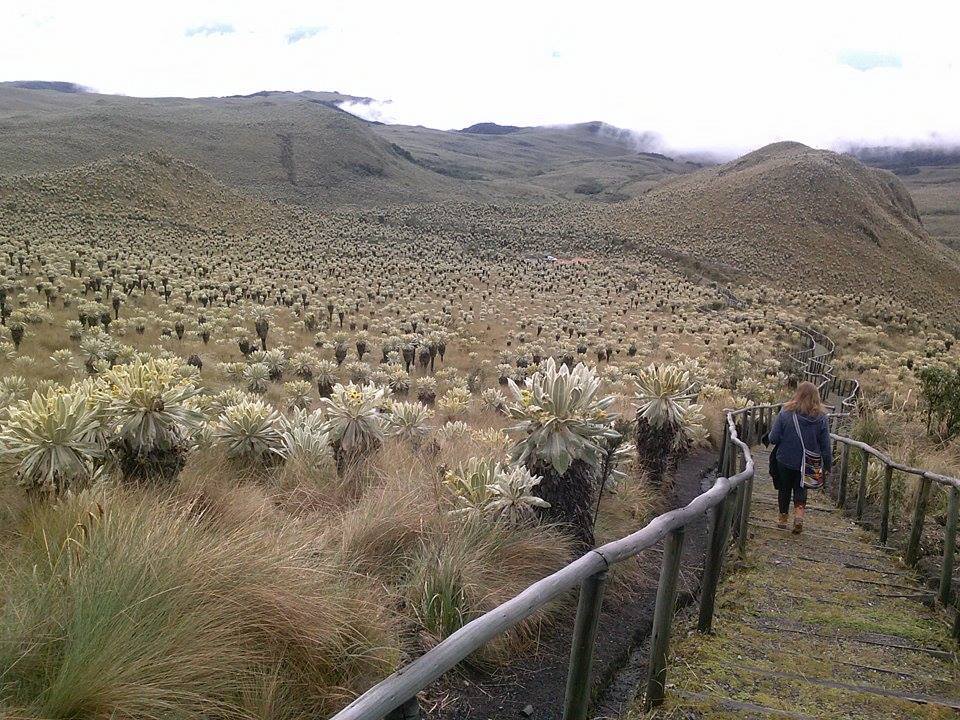


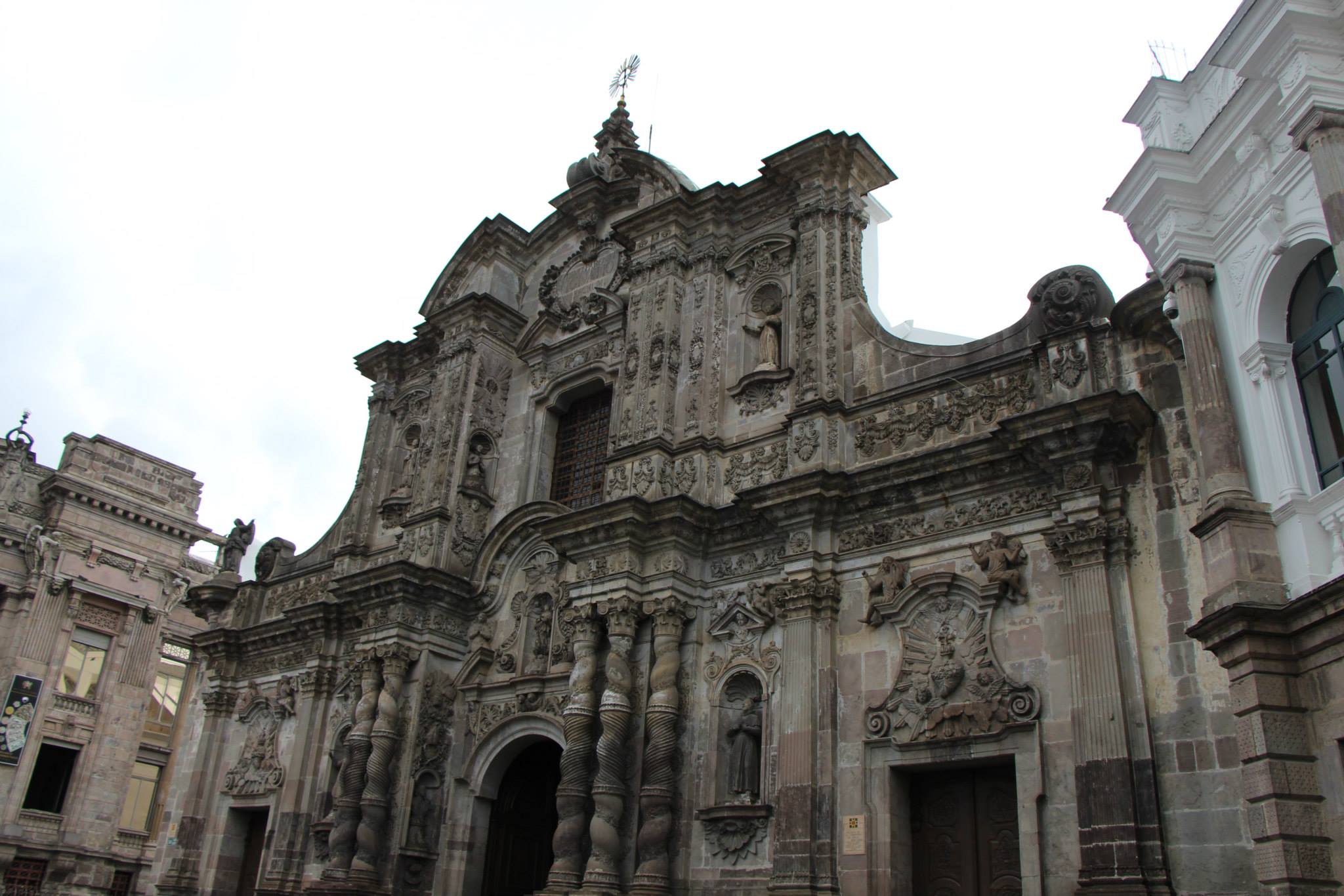
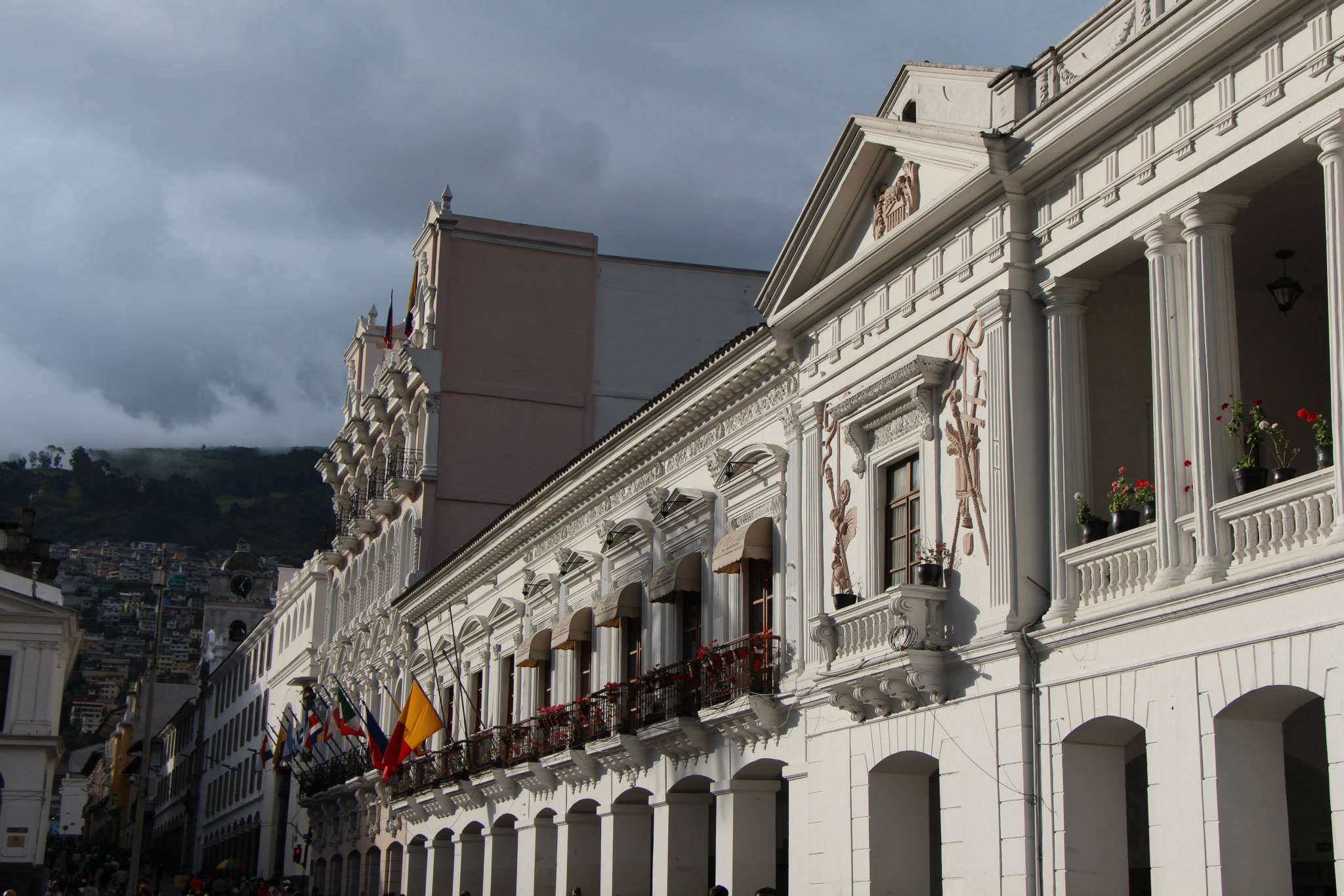


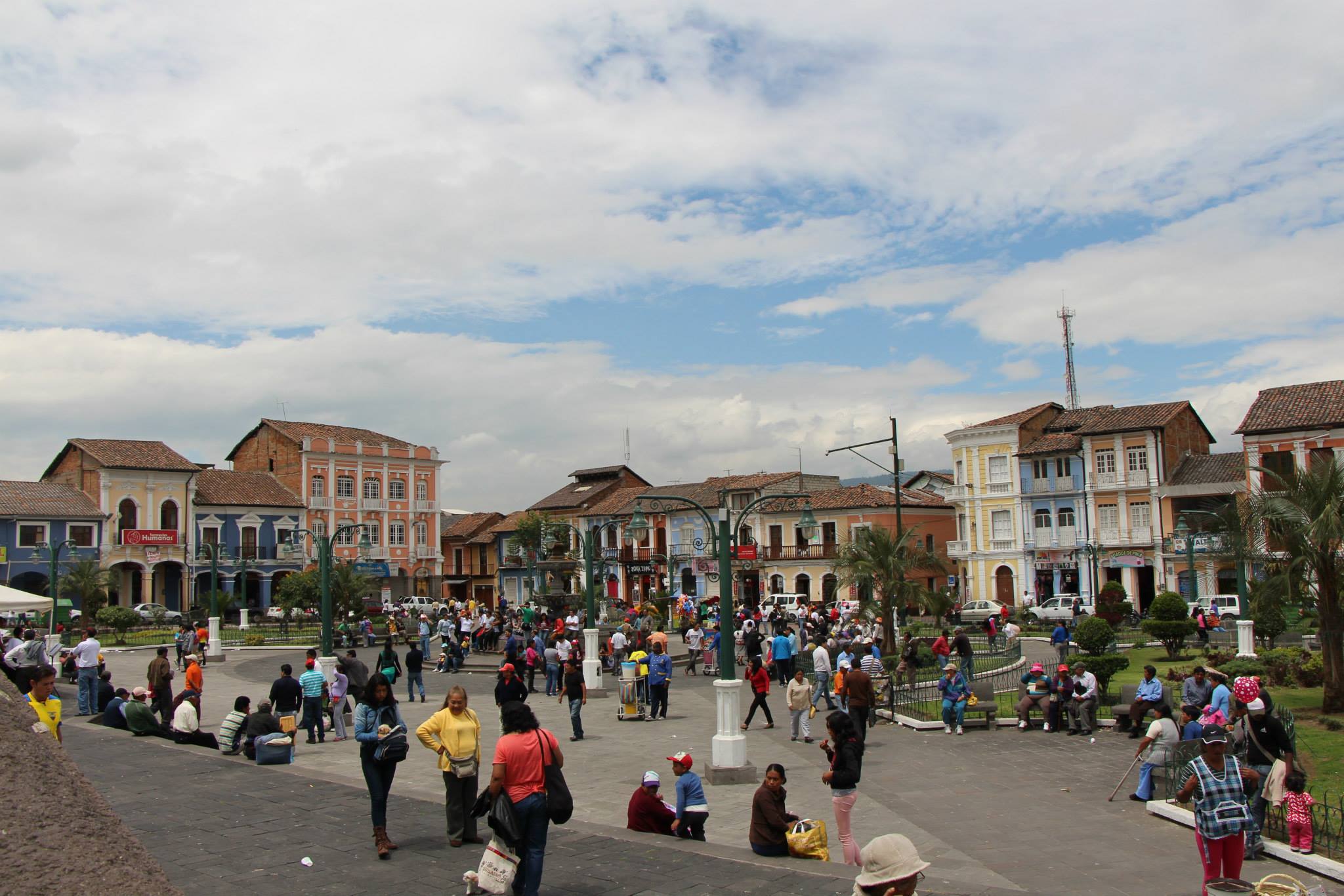
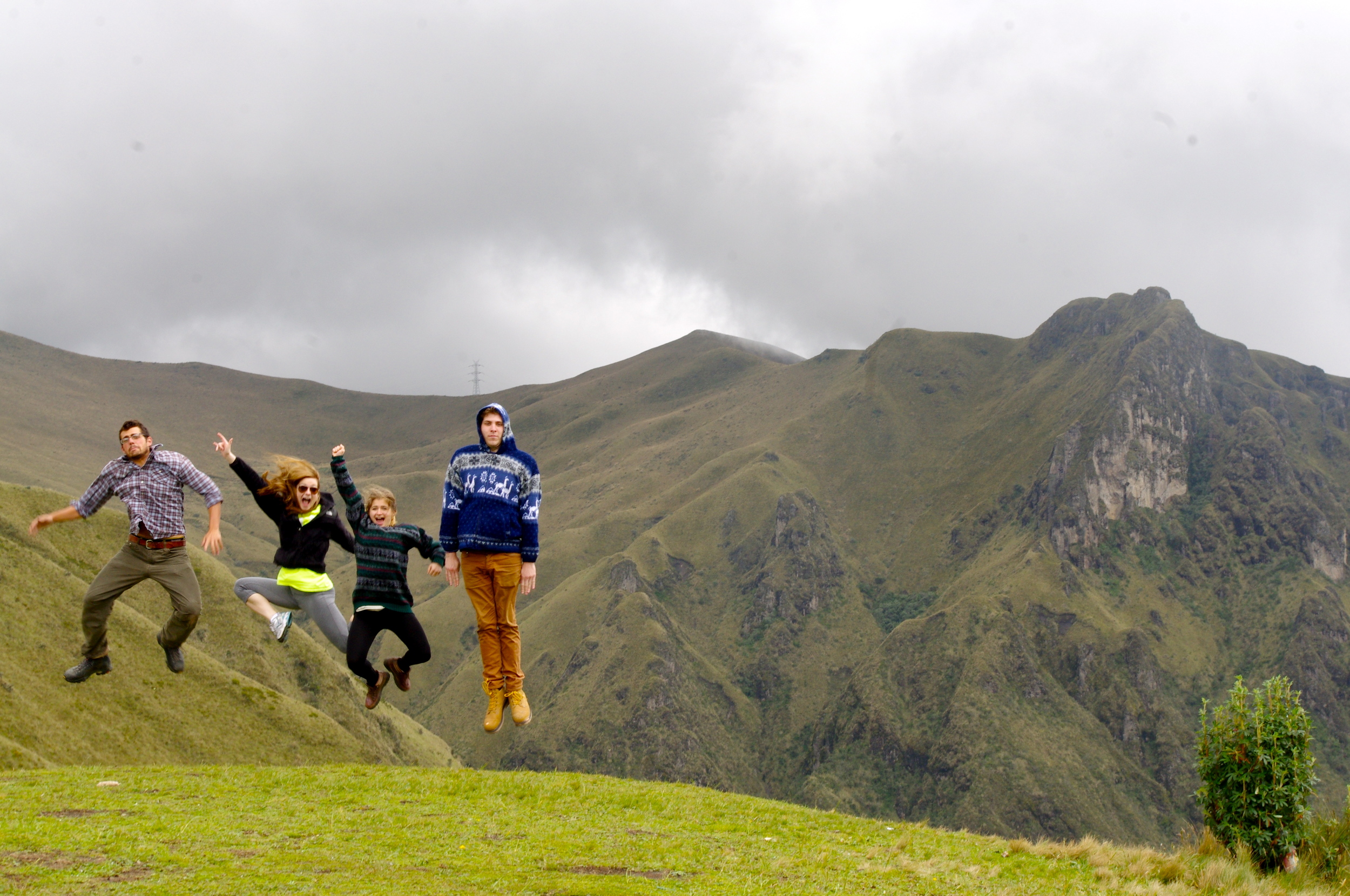

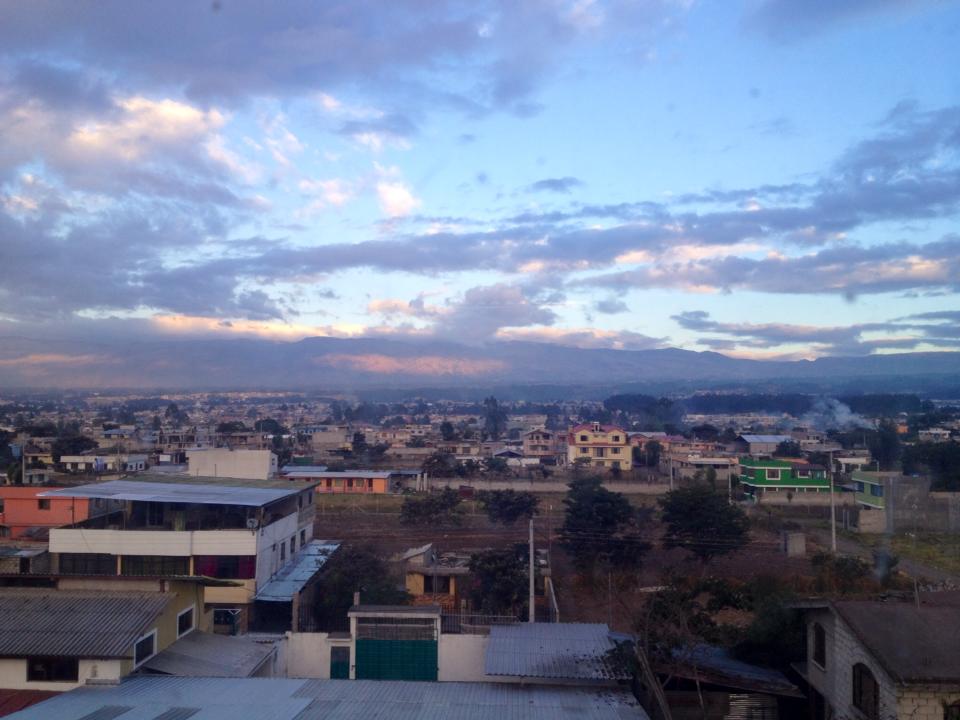

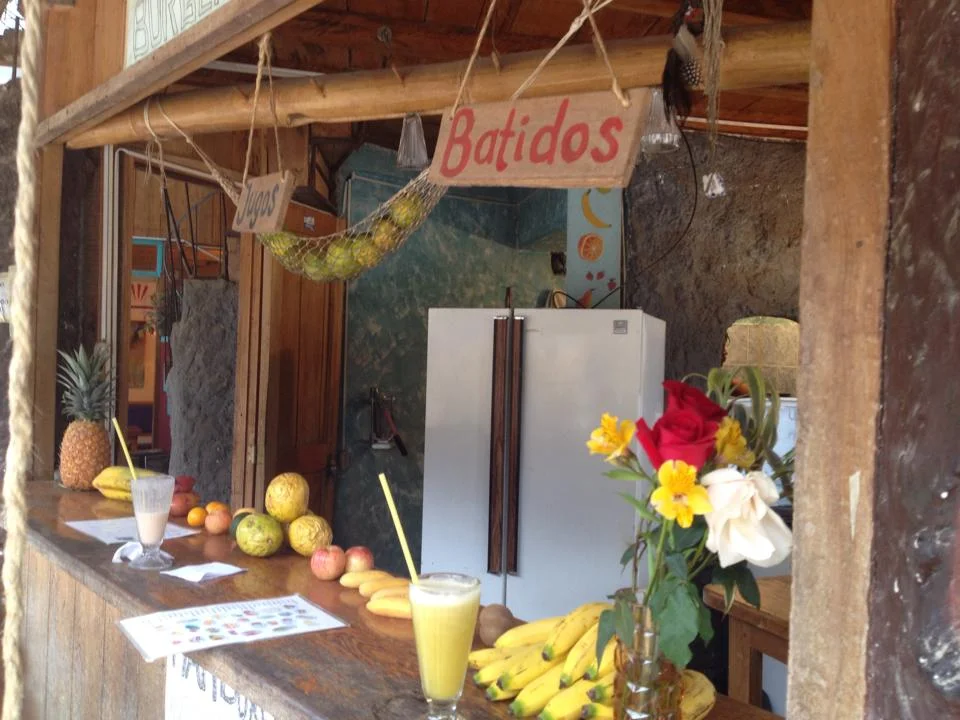

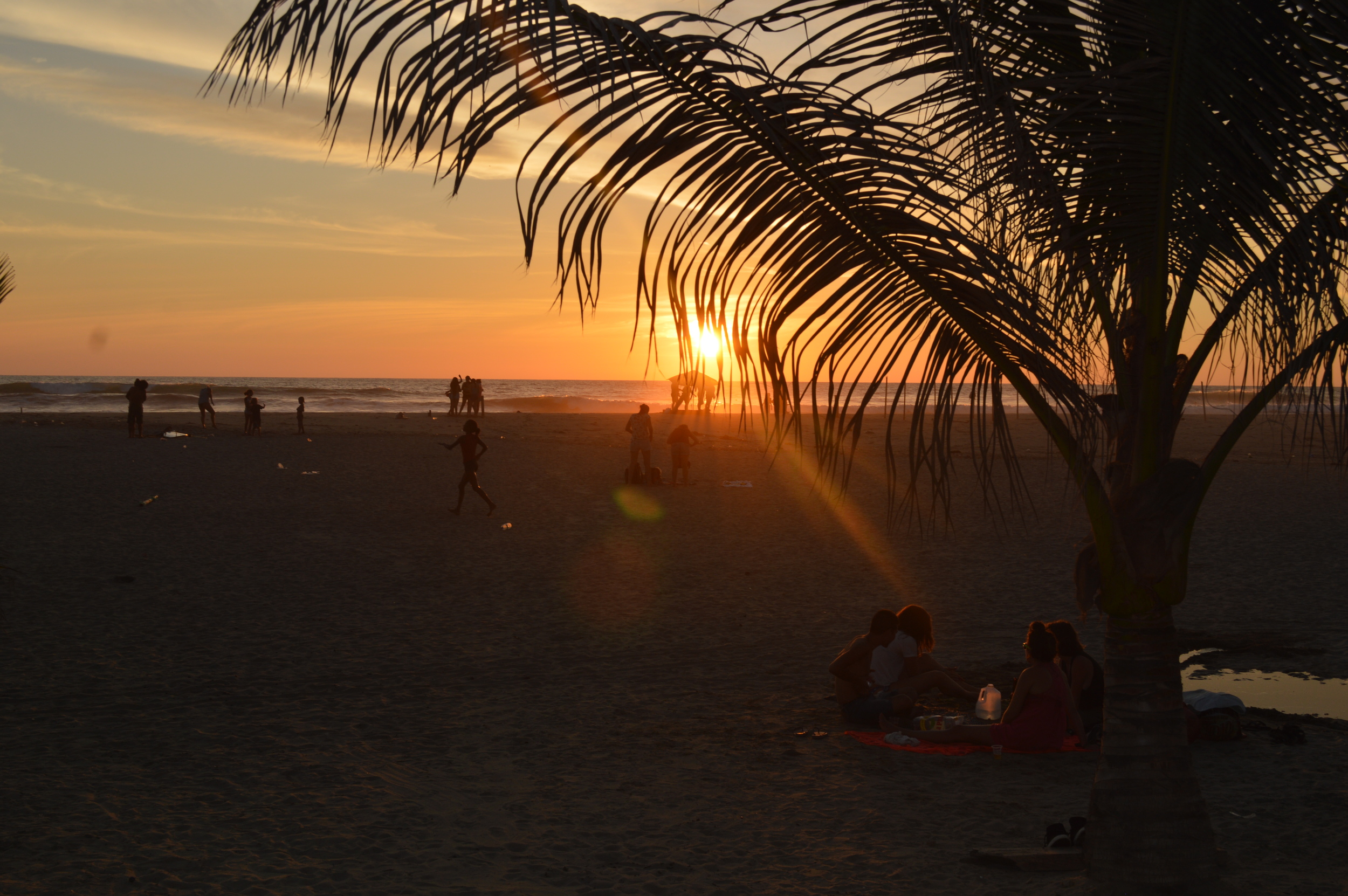
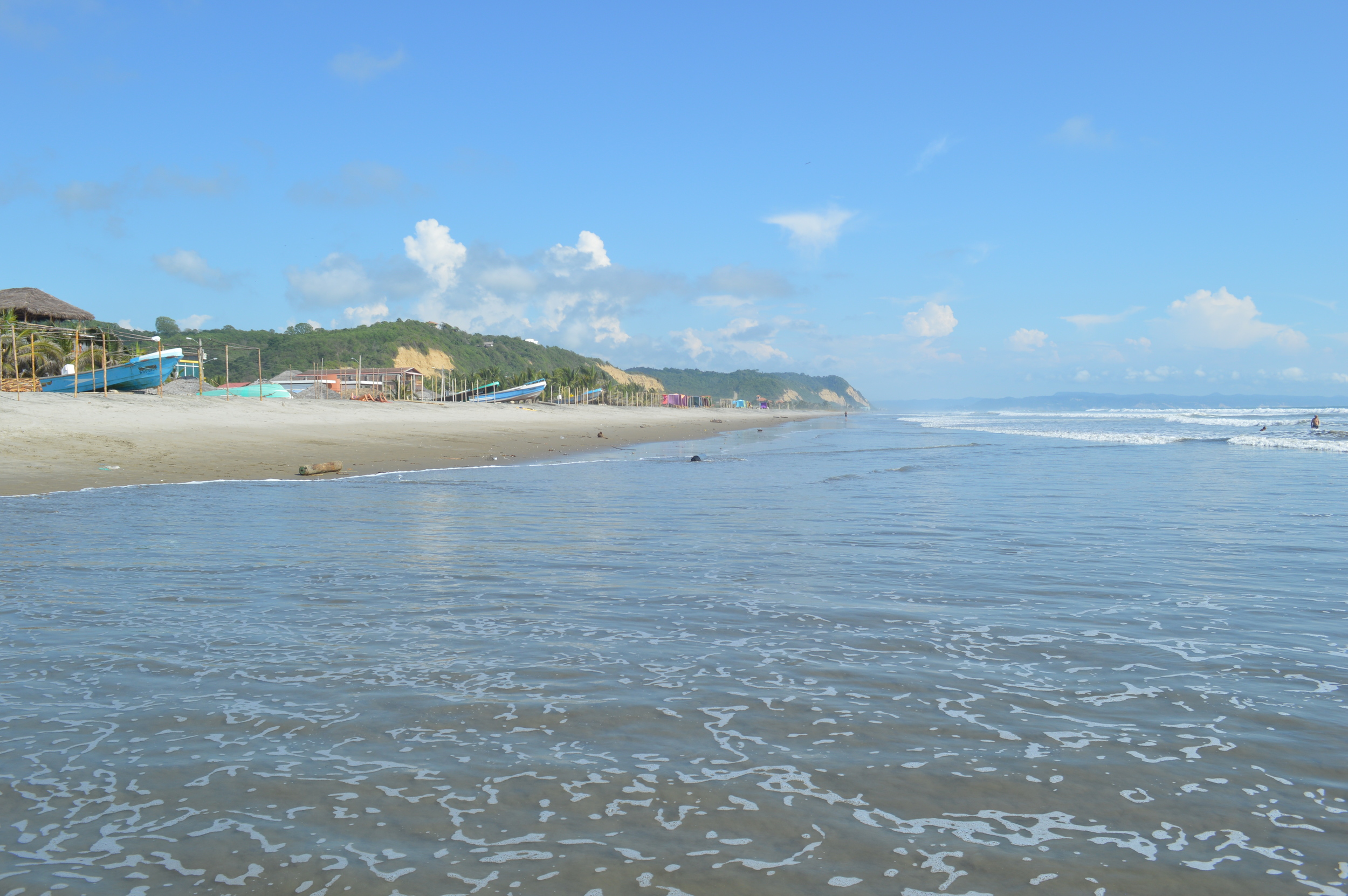

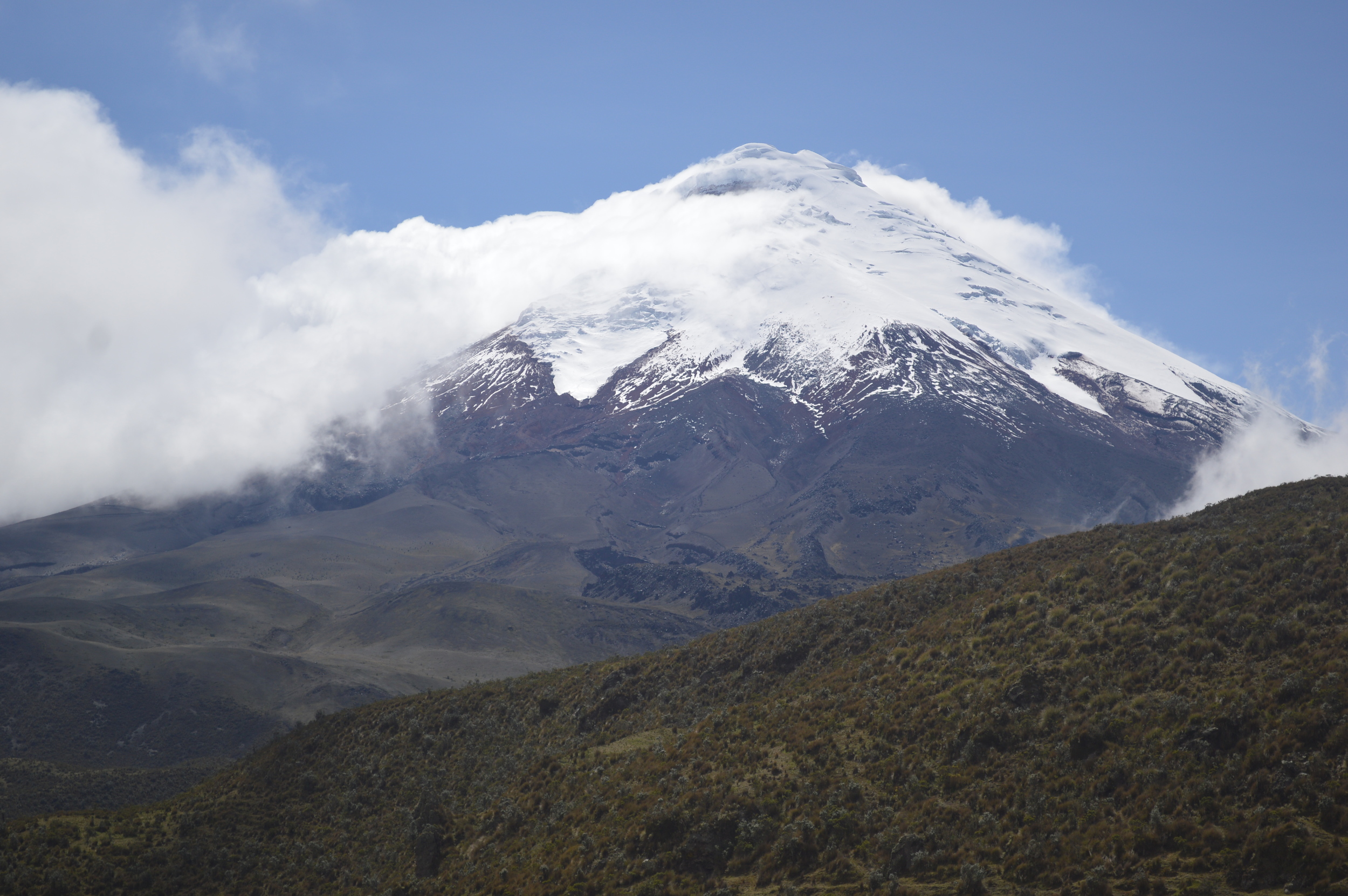
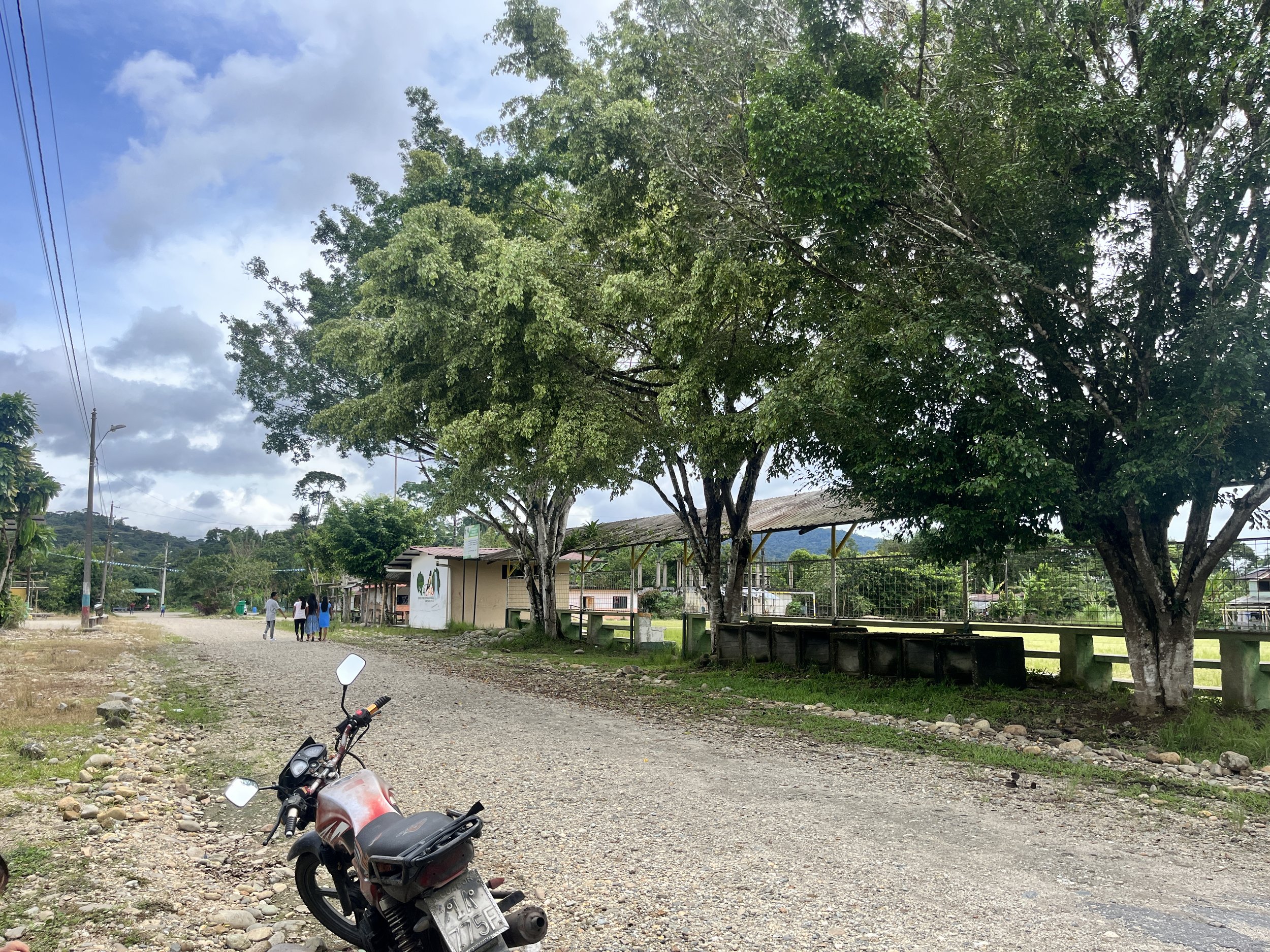

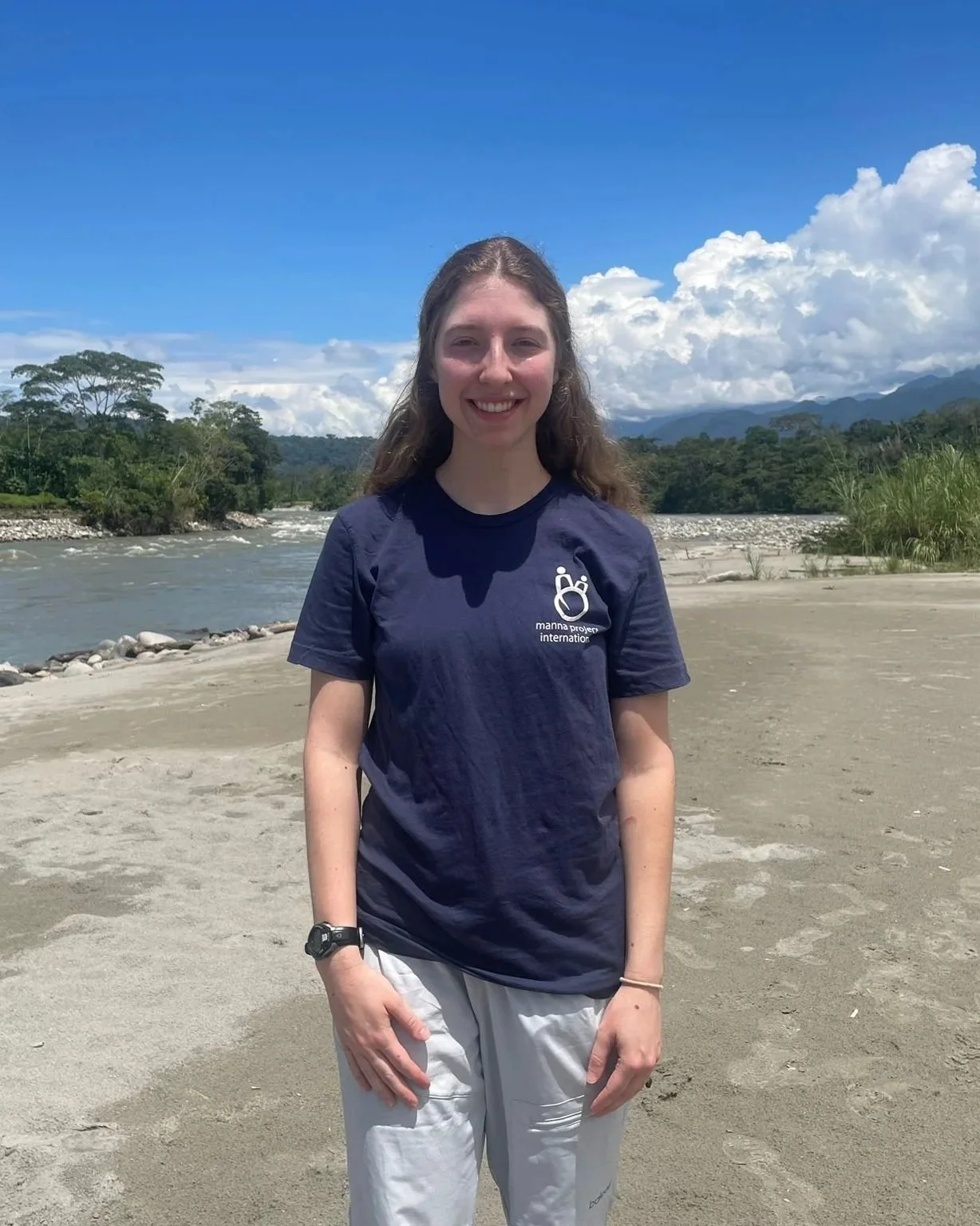
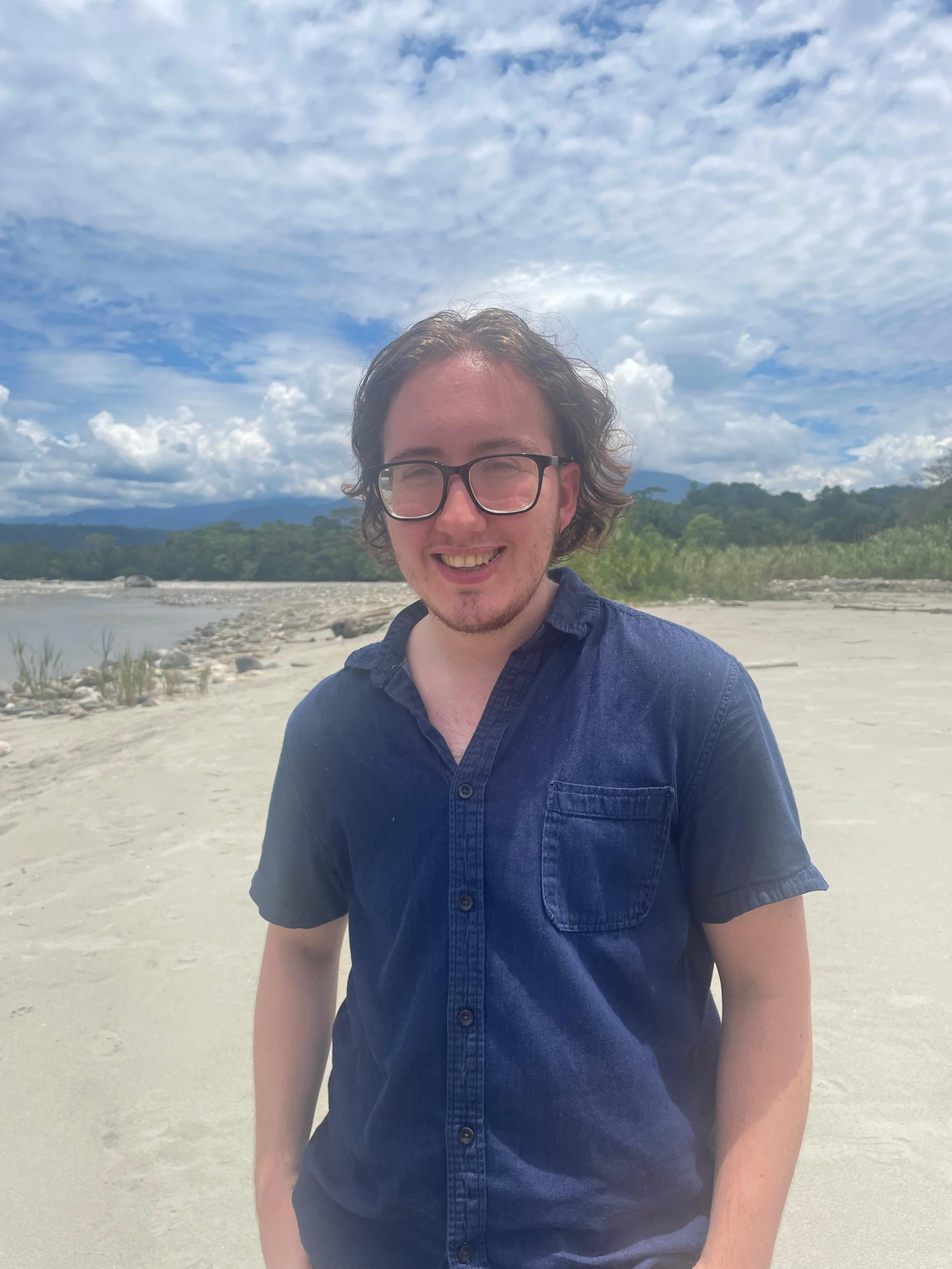

Country Director
Tony joined Manna’s team in June 2025, bringing over 30 years of leadership in nonprofit management, economic development, and humanitarian work. Born in Honduras, Tony is a bilingual (English/Spanish) executive with extensive experience in Latin America and the U.S., and has led national and international organizations focused on public health, education, child welfare, and immigrant rights. He previously served as CEO of multiple nonprofits, a Program Officer at the Arizona Community Foundation, and as Honorary Consul of Honduras, where he coordinated major humanitarian efforts for migrant families. Most recently, Tony served as a Peace Corps Volunteer in Colombia, supporting youth entrepreneurship and women-led businesses. He holds a Master’s in Public Administration and a B.S. in Management from Arizona State University and is trained in Collective Impact, Servant Leadership, and Outcomes Measurement. Passionate about community empowerment, Tony leads Manna’s work in Ecuador with vision, cultural humility, and a deep commitment to justice.